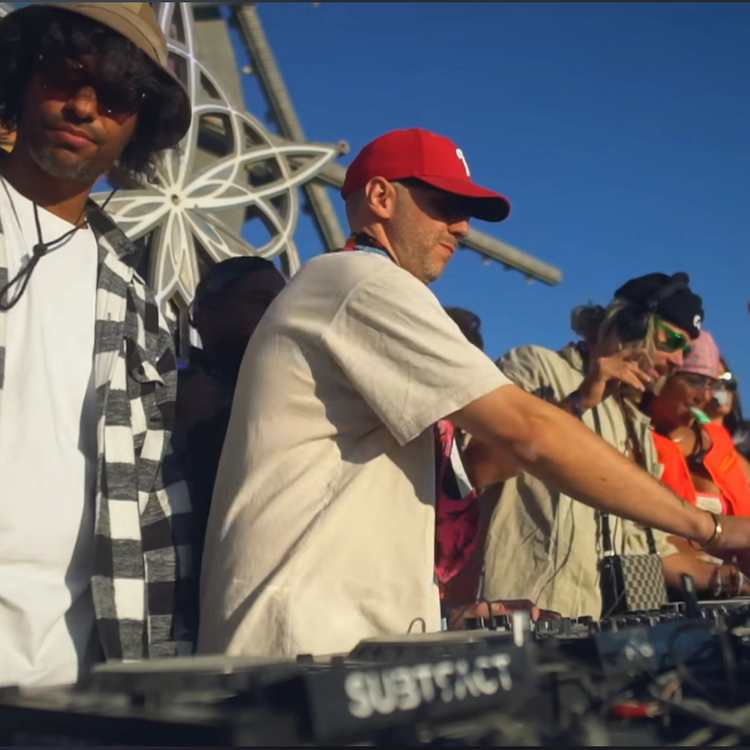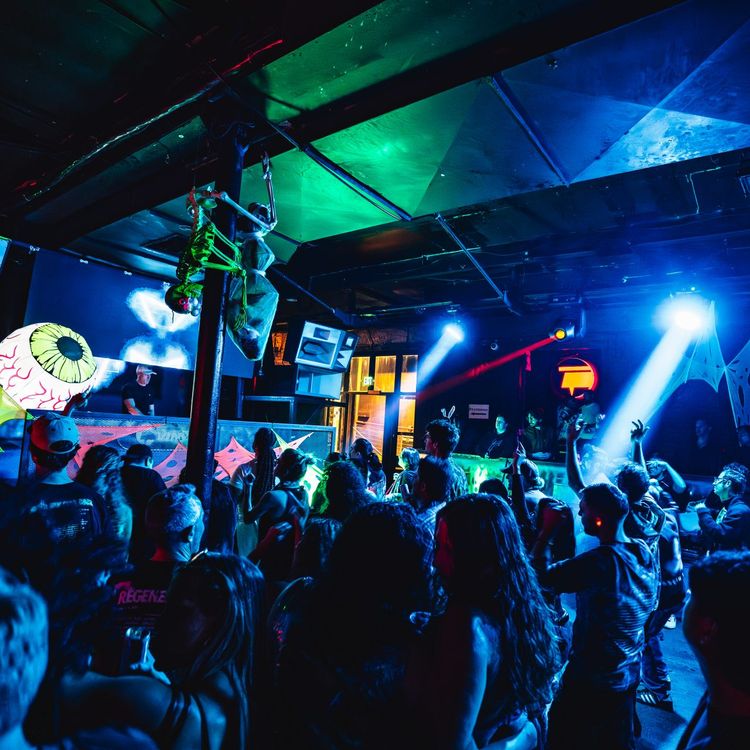Pyramids of Giza Raves Spark Cultural Outrage
A new lawsuit in Egypt could bring an end to music festivals and large-scale electronic events held near the Pyramids of Giza, raising global debate about whether entertainment and heritage can coexist at one of the most historically significant sites on earth.
The Egyptian Center for Economic and Social Rights has filed lawsuit No. 1958/80 with the Administrative Court, calling for a suspension of raves, nightlife events, and commercial festivals in the Pyramids’ archaeological zone. The legal action argues that these events not only pose physical risks to the monuments, but also disregard the cultural and spiritual weight of the site.
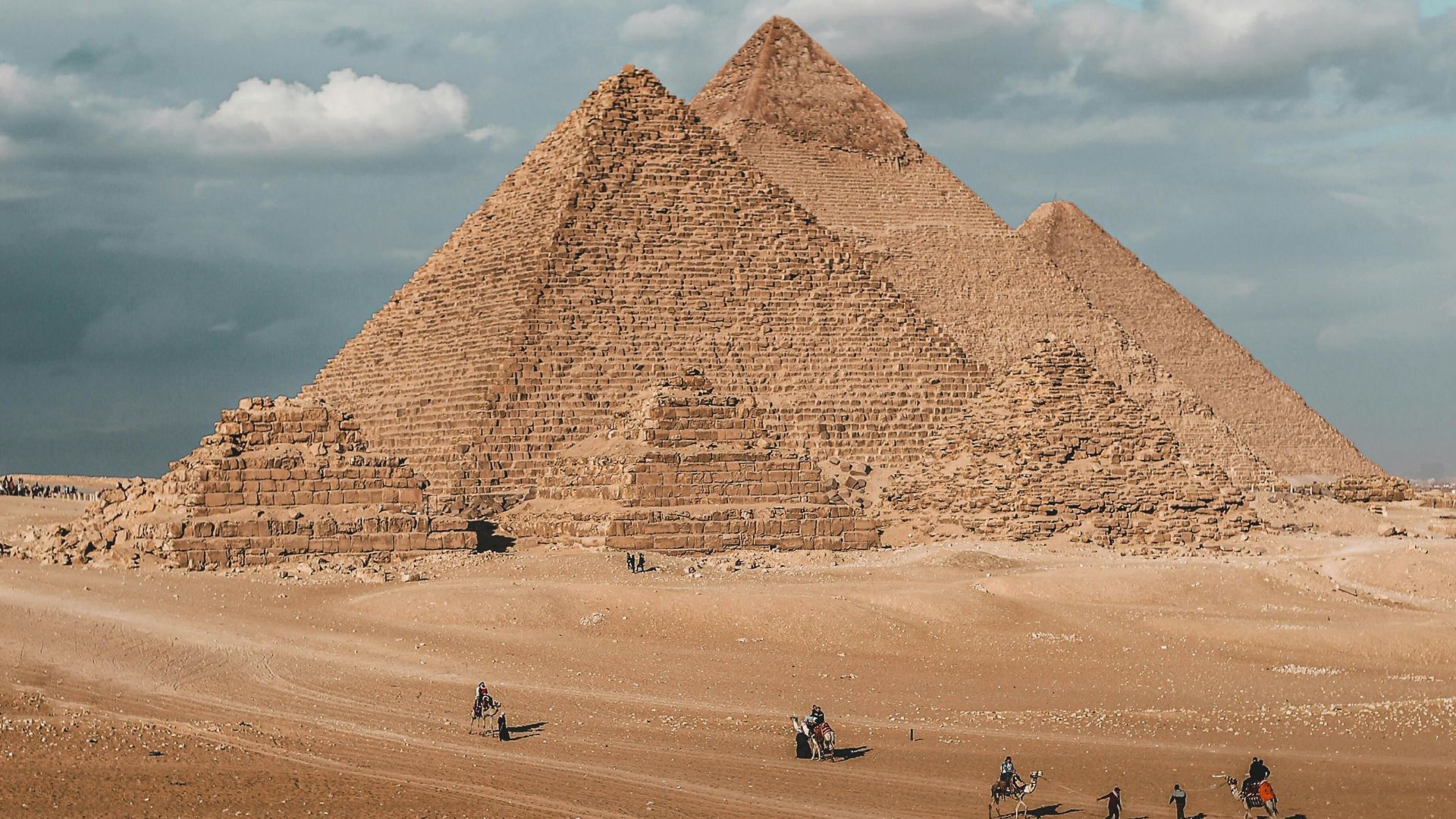
A Clash Between Entertainment and Preservation
Legal documents state that high-powered sound systems, sub-bass vibrations, laser projections, stage construction, and heavy machinery could gradually harm the Pyramids’ ancient limestone foundations. Experts have long warned that heritage sites face long-term degradation from modern commercial activity if protections are not enforced.
Beyond physical risks, many Egyptians and cultural advocates argue that transforming a 4,500-year-old necropolis into a nightlife destination undermines its historical meaning. For them, the Pyramids of Giza are not a backdrop or a festival venue—they are sacred symbols of ancient civilization, human achievement, and collective memory.
“This is a burial site, not a party ground,” one Egyptian cultural commentator wrote online, echoing growing public sentiment. “Some places carry history that should not be treated as spectacle.”
No Official Ban Yet—But a Legal Turning Point
Although global headlines have circulated claiming that “raves at the pyramids are banned,” there is no official ban in place yet. The lawsuit is still under review by Egyptian courts, and events continue to be held pending a legal decision. However, if the lawsuit succeeds, new regulations could prohibit large-scale music events entirely or place tight restrictions on commercial entertainment near the plateau.
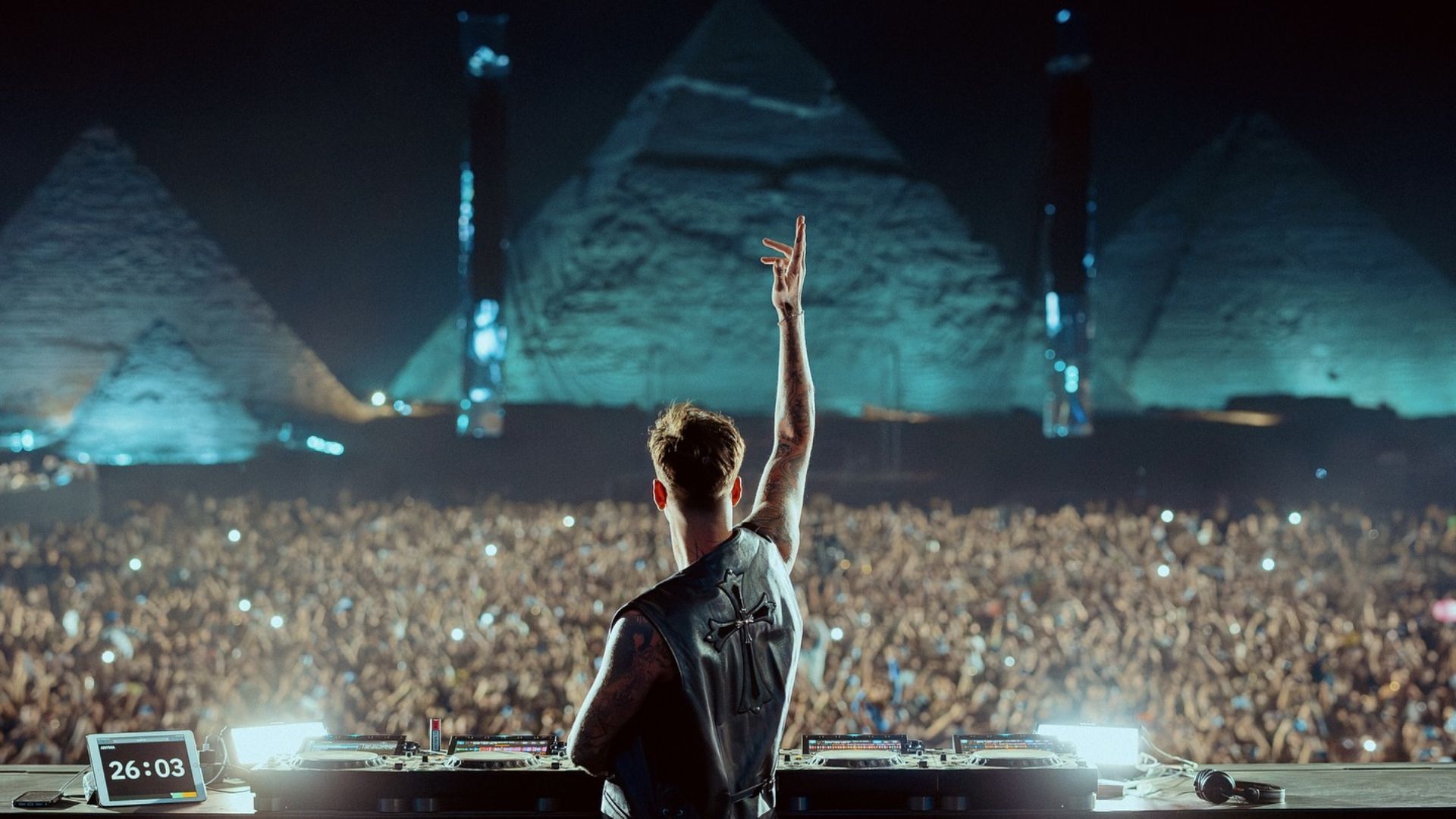
Over the past five years, the Pyramids have become a landmark destination for international event brands and electronic acts. Performances by Carl Cox, Keinemusik, and Anyma brought worldwide attention, generating tourism revenue but also growing criticism from historians and preservation groups.
Respect vs. Revenue: The Debate Intensifies
Supporters of the lawsuit argue that not all locations are suitable for commercial entertainment—and that some heritage sites should be treated with solemnity. They believe that the Pyramids, built as tomb complexes for ancient kings, carry deep historical and spiritual significance that should be protected from being reduced to branding opportunities and festival culture.
Event organizers and promoters, on the other hand, argue that well-managed cultural programming can bring global appreciation to Egyptian history while supporting the local economy. They claim that stricter guidelines—not bans—are the solution.
What Happens Next?
The Egyptian courts will rule on whether to suspend future events at Giza until comprehensive heritage impact studies are completed. UNESCO is also watching closely, as the Pyramids are protected under World Heritage guidelines that require preservation to take priority over commercial use.
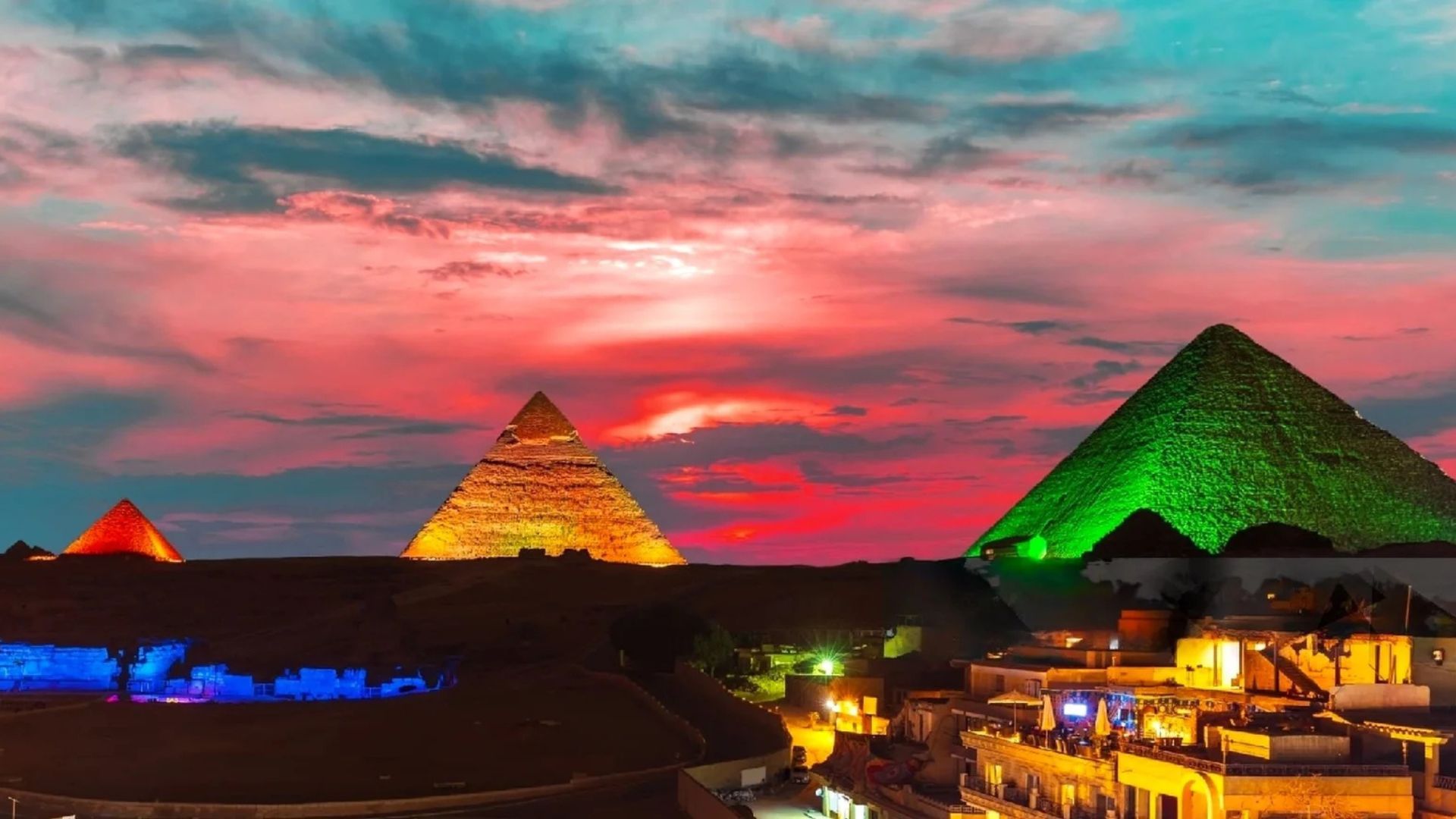
For now, the debate continues: Should sacred ancient sites be used as entertainment venues in the first place? And how should modern cultural expression coexist with the responsibility to protect humanity’s oldest wonders?
One thing is clear—Egypt stands at a decision point between maintaining global cultural relevance and preserving a site that many believe should remain untouched out of respect for its history.




